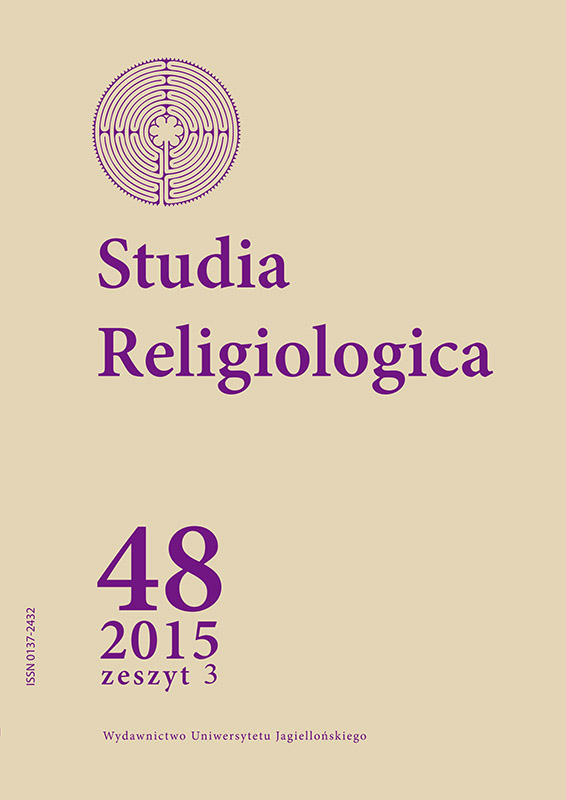Philosophical and Psychological Aspects in Jung’s Conception of Myth. The Schellingian Influence
Philosophical and Psychological Aspects in Jung’s Conception of Myth. The Schellingian Influence
Author(s): Ilona BłocianSubject(s): Philosophy, History of Philosophy, Theology and Religion
Published by: Wydawnictwo Uniwersytetu Jagiellońskiego
Keywords: conceptions of myth; philosophy of myth; psychology and myth; psychoanalytical conceptions of myth
Summary/Abstract: vJung’s concept of myth combines philosophical and psychological aspects. He was inspired by Schelling’s ideas, including the relationship between myth and the process of development of reality. Myth not only refers to the human mind, but reflects the dynamism of reality processes. This is the meaning of the relationship between myth and the unconscious in Jung’s grasp, because he understood the latter as a basis and matrix of reality. The psychological and psychoanalytical aspects of his conception of myth relate to patterns of human experience, which are also contained in myths. Thus, through the concept of myth is expressed the relationship of man and the world, the experience and the reality in which it happens.
Journal: Studia Religiologica. Zeszyty Naukowe Uniwersytetu Jagiellońskiego
- Issue Year: 48/2015
- Issue No: 3
- Page Range: 217-227
- Page Count: 11
- Language: English

